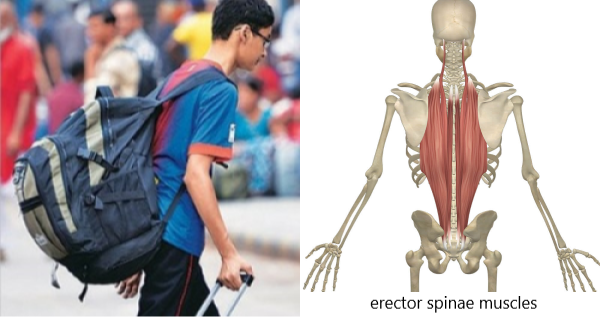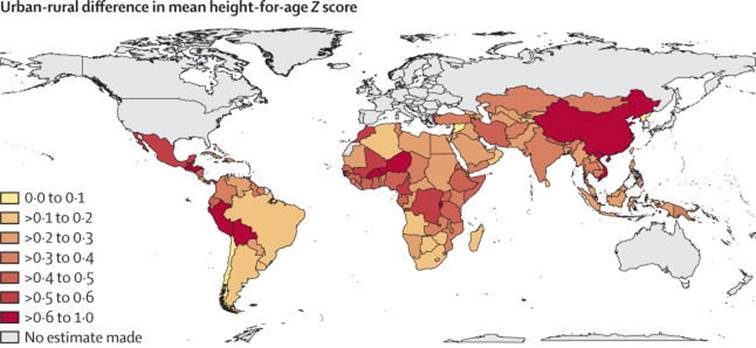Z
zxz
Iron
- Joined
- Oct 5, 2020
- Posts
- 130
- Reputation
- 194
- OP
- #51
At what age did you first start swimming and at what age did you stop and why? Did you sit or lay a lot instead of being active and outside?THIS TBH, ENVIRONMENT IS KEY. I'm at 185 cm, just turned 15, and I can confirm that's exactly how I got way taller than what I was supposed to be (I'm 10cm taller than the tallest person in my whole family). Up until now, I grew up skinny asf exercising very rarely (I was raised in one of the biggest cities in the world), having a rich diet (latino food is literally the best) and a normal sleep schedule, but most importantly, I swam for about 6 years. Of course genetics helped a lot, since I was huge compared to the other babies, but the environment plays a huge role. It's cheating life really, but with stretching and swimming again, I'm hoping I can make it to 190cm.





